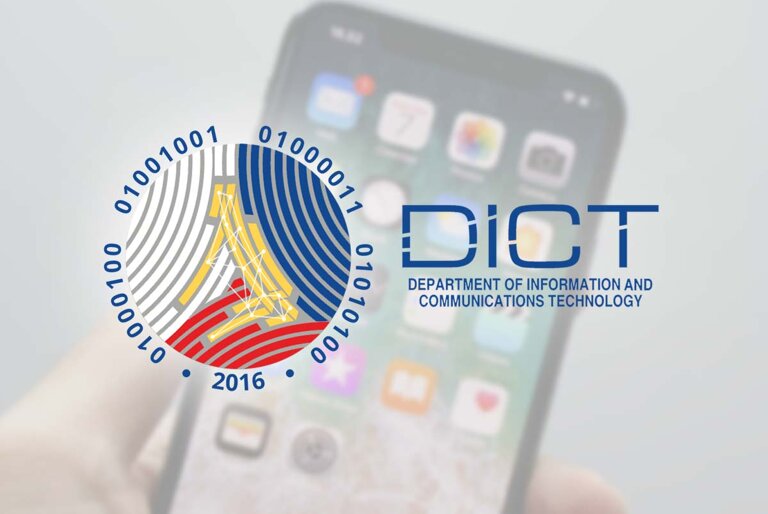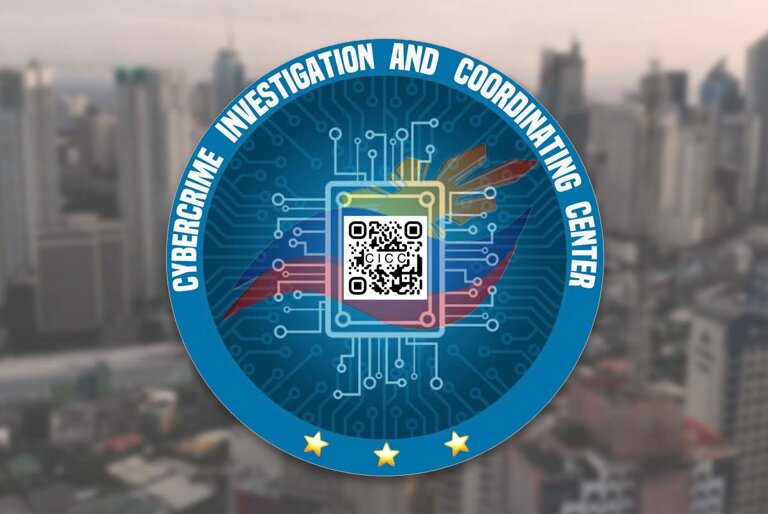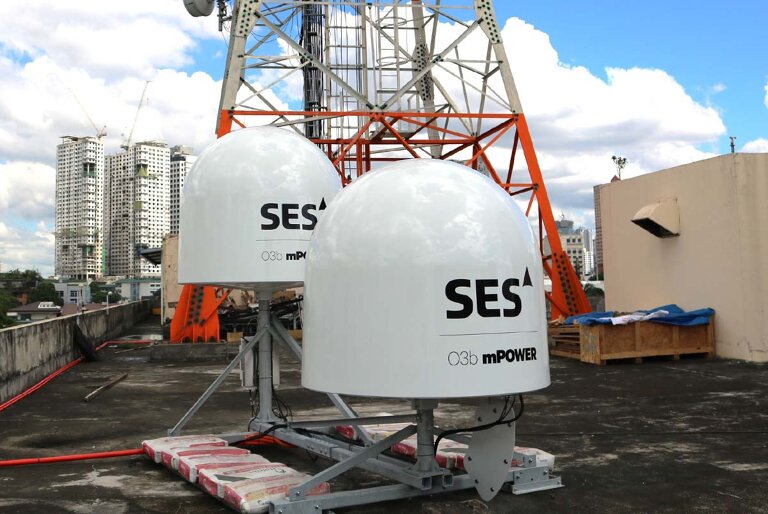The Department of Information and Communications Technology (DICT) achieved a milestone in bridging the digital gap in the country by providing satellite broadband connectivity to 438 geographically isolated and disadvantaged areas (GIDAS) in Northern Luzon.
The project, which was completed in just 30 days, is part of the DICT’s National Broadband Project to provide internet access to 65% of Filipinos who are currently offline. The agency aims to empower every Filipino with vital ICT infrastructures and services, as well as to boost the growth of ICT-enabled industries that can create more jobs.
DICT Secretary Ivan Uy said that the satellite broadband connectivity will enable the residents in Benguet, Kalinga, Ifugao, Ilocos Norte, Quezon and Pangasinan to access essential digital services such as e-commerce, e-learning and e-government. “This achievement highlights both DICT’s commitment to digital transformation in GIDA regions. Residents in Northern Luzon can now readily access essential digital services via high-speed broadband,” he said.
He added that the project will also help the micro, small and medium enterprises (MSMEs) in the provinces to participate in the thriving e-commerce landscape. “By providing high-speed internet connectivity to these GIDA sites, this project equips the provinces micro, small and medium enterprises (MSMEs) with the tools to participate in the thriving e-commerce landscape,” he said.
The DICT collaborated with internet provider Stellarsat Solutions Inc. and Kacific Broadband Satellites to install and activate the very small aperture terminals (VSATs) in the GIDA sites. The Cybercrime Investigation and Coordinating Center (CICC), an attached agency of the DICT, also ensured the security and quality of the installation sites.
CICC Executive Director Alexander K. Ramos said that his agency conducted security assessments and coordinated with DICT during site inspections. “As the agency responsible for all functions related to cybersecurity, the CICC conducted security assessments, working alongside DICT during site inspections,” he said.
The CICC also monitored the deployment of VSATs to ensure strict compliance to industry standards.
The DICT plans to expand its satellite broadband connectivity program to other regions in the country, especially in areas where fiber optic cables are not feasible or cost-effective.




